
Jim Matsuoka (1936-2022) is remembered with great affection by Nikkei Progressives as one of the most consequential figures of the Japanese American community movement in L.A. As a leading member of Nikkei for Civil Rights & Redress (NCRR), our “sister” organization, Jim was a dear friend who inspired and encouraged us.
As a 7-year-old, Jim was incarcerated in a WWII concentration camp (Manzanar). He came of age in the segregated communities that continued in postwar L.A., where Japanese Americans formed gangs for protection. Jim became an early staff member in the CSULB EOP, program which provided support to college students of color. Jim was a strong member of the Pioneer Project, which provided services to the Issei.
After the 1971 earthquake made evident that Little Tokyo’s aging buildings needed replacement, Jim helped convene the community planning for a redevelopment that prioritized community needs and helped found the Little Tokyo Anti-Eviction Task Force and later, the LT People’s Rights Organization (LTPRO).
At the 1981 hearings of the Commission on Wartime Relocation and Internment of Civilians, Jim gave the most riveting testimony about being a 7-year-old in camp who angrily threw away a repainted broken toy he was given for Christmas.
Others have already recounted Jim’s numerous contributions through NCRR. We will remember Jim as a working-class and union activist in the JA community who wasn’t afraid to stand up to Japanese and American corporate and governmental figures in support of labor, civil rights and community struggles.
Here are some remembrances about Jim from Nikkei Progressive members:
Mark Masaoka: Before I met Jim, I had been regaled by tales about him from Mo Nishida and Stan Yamashiro, describing his tactical genius and exploits as “The General” with the Black Juans, a Japanese American gang in the 1950s. At that time, JAs could only live in certain neighborhoods with other people of color, and some JA youth formed gangs mainly for self-protection. Expecting someone with the steely gravitas out of a “Godfather” movie, Jim greeted me with a warmth and interest I didn’t expect as a 19-year-old.
When the redevelopment project started and evictions began, Jim helped found the LT Anti-Eviction Task Force and later LTPRO. Planning a demonstration against the New Otani Hotel groundbreaking, Jim insisted we blast the music from “Bridge on the River Kwai,” a WWII movie about British POWs being misdirected by their commander into helping their Japanese captors build a strategic bridge. LTPRO was able to win a delay in the Weller Court construction and related evictions until the LT Towers and Japanese Village Plaza were built and JACCC was underway.
Kimi Maru: I respected Jim as a true hero in the Japanese American community and the movement for justice and equality. He inspired countless others to learn about the injustice of the camps, and to stand up against all forms of oppression and racism.
But on a more personal level, Jim appreciated home-cooked food. When I made some food for Jim, he praised my food, which made me feel good. But, he was most proud of his son James’ cooking — he said that James had become quite a chef, and he loved his food and always looked forward to James’ cooking. Jim was a proud and loving father. He is so missed but will never be forgotten.
Mia Barnett: I had the honor of interviewing Jim Matsuoka in May 2022 about why he supported reparations for Black people. I had heard stories about Jim and seen him on various Zoom calls over the last few years, so I was excited to be able to speak with him and capture his story.
During our interview, he talked with conviction about how America must provide reparations because it is simply the right thing to do. He shared stories about Japanese Americans’ own fight for reparations, and how JAs speaking up about the wrongs of incarceration gave them their dignity back. It was clear to me that he was a person who believed in justice and equality in every fiber of his being, and he lived his life guided by his deeply held morals.
As the interview went on, I thought about how thankful I was to be able to capture Jim’s story, and now that he is gone, I feel that even more so.
Mike Murase: It wasn’t until his recent passing that I thought of “The General” being 87 years old. Jim Matsuoka was a young Nisei who, along with Bert and Lillian Nakano, was a bridge between the Nisei camp survivors and the younger activist Sansei involved in social justice struggles.
A longtime fighter for redress and reparations, Jim was remembered by most for his fiery, table-pounding testimony at the 1981 commission hearings in Los Angeles, but for those of us who got to know him, he was not only a no-holds-barred fighter throughout the years, but also a thoughtful, reflective mentor who really wanted to pass on the knowledge and the passion to younger generations, and a warm, funny, self-effacing friend and comrade.
Rest in power, Jim.

Carrie Morita: “The Three Musketeers” is how Jim referred to June Hibino and myself. It first began when we attended a Day of Remembrance presentation on the UC Riverside campus. June and I presented stories of our families when they were incarcerated, during WWII, but it was clearly Jim, with his first-hand experience, who was the star of the show and with whom the Nikkei Student Union (NSU) members were enamored. The students flocked to Jim with their questions after the presentation.
The UCR NSU invited Jim back, and it really wasn’t necessary for us to be there, but for reasons unknown, he refused to go unless it was as part of the Three Musketeers. Perhaps it was because of our routine of eating dinner afterwards that Jim wanted to go together? We then started a habit of meeting for lunch every few months at one of his favorite places like Foo Foo Tei or Thai Paradise, where everyone knew Jim.
Over the past few years I’ve often dropped off food to Jim on my way back home from Little Tokyo. On one occasion, after I dropped off some corned beef and cabbage, I received this email from Jim:
“As St. Patrick’s Day recedes into the distance and the delicious corned beef and cabbage from Gardena also recedes into the memory of my happy stomach, I must pause to thank you, my benefactor, for this delicious dinner!! Thank you also for the little booklet on ‘How to Report a Hate Crime.’ I guess that’s the right way to go about things so I guess I will take my baseball bat out from the trunk of my car and leave it in the garage. THE MUSKETEERS RULE!!!” — Jim
Rest in peace and power, Jim! I’ll miss you!
June Hibino: With Jim’s passing, our community has lost one of its greatest storytellers and one of the few remaining living links between the camps era and the present day.
From the early days supporting the United Farmworkers to the Palestinian American students at CSULB who were arrested and threatened with deportation because of their political views, through the redress period, to just recently, when he wrote Congress supporting reparations for Black Americans — Jim was a constant and unapologetic voice for justice.
Despite UC Riverside’s NSU’s Day of Remembrance being virtual the last two years, Jim had no problem joining by Zoom and kept the students enthralled with one story after another. (I doubt the students will ever forget Jim’s retort to a racist white woman at a Gardena redress program, who blamed Japanese Americans for her husband not returning from the Pacific during World War II.)
Recently, Jim had been asking us to schedule our next lunch, and I’m sad that we weren’t able to get together before he passed away. I will miss Jim, but for sure, I’ll remember his stories and his fighting spirit won’t fail to inspire me.
Alex Kanegawa:I didn’t realize how special it was meeting Jim during one of the first Manzanar Pilgrimages I attended back in high school. Our interaction was brief — a short introduction and a few nods of recognition here and there — but it was clear how much reverence everyone else held towards him. Jim was a pillar of Japanese American activism and an enduring font of guidance for movement leaders over the course of his life.
We would continue to meet each other in various community spaces as I got older, whether it was the biweekly Tuesday Night Cafe shows he loved to attend (at which we would always ensure he had a reserved seat) or in collaboration with NP/NCRR’s Reparations Committee.
Thinking of him now, I remember his tenacity and willingness to show up; his good humor and (occasional) irascibility; and the ineffable ways he could enthrall people of all generations with his words and clarify the stories that bound us all together. There were so many conversations left to be had, and so much more to have learned, and I will always wish I had taken him up sooner on his offer to grab lunch sometime.
Rest in power, Jim; we will miss you always.
Alan Kondo: When I first met Jim Matsuoka, back in the early ’70s, he struck me as an amiable, funny, soft-spoken person who was always ready to support a community cause, or march in a picket line to oppose injustice. This is why he made me jump when he slammed his hand down on the table at the 1981 CWRIC hearing and yelled at the chairman who attempted to hurry his testimony and that of others who had struggled within themselves to speak about the devastating impact of the camps.
The fiery Jim Matsuoka, and the others who bravely testified, taught me that we have to muster everything we have, and step out of our comfort zone when it comes to defending the community and our civil rights. It is a lesson that I will carry with me into the struggles ahead. Thank you, Jim!
Kathy Masaoka: Jim softened in recent years, joining the NP/NCRR pods (discussion groups) where we talked about the challenges of combatting anti-Blackness in ourselves and with family. He shared very openly about conflicts with friends and how painful it was to talk about the camps — yet he still generously did.
NP asked the UCR NSU members to submit some remembrances of Jim:
UCR Nikkei Student Union:We had the pleasure of meeting Jim Matsuoka while collaborating with him for our club’s Day of Remembrance event, which he graciously accepted the invitation to speak at.
Not only was Jim’s commentary and experience insightful and knowledgeable, but he was also incredibly fun to be around. He often made jokes and quippy comments that made everyone laugh. We, along with our other colleagues at the UCR Nikkei Student Union, mourn his loss not only as an invaluable teacher of history but also as one of the kindest and warmest people we know.
— From Keita Ichii, NSU chair/president, 2021-2022, and Hale Chiba, NSU vice president, 2022-2023
 USC, Pacific Asia Museum Form Partnership
USC, Pacific Asia Museum Form Partnership
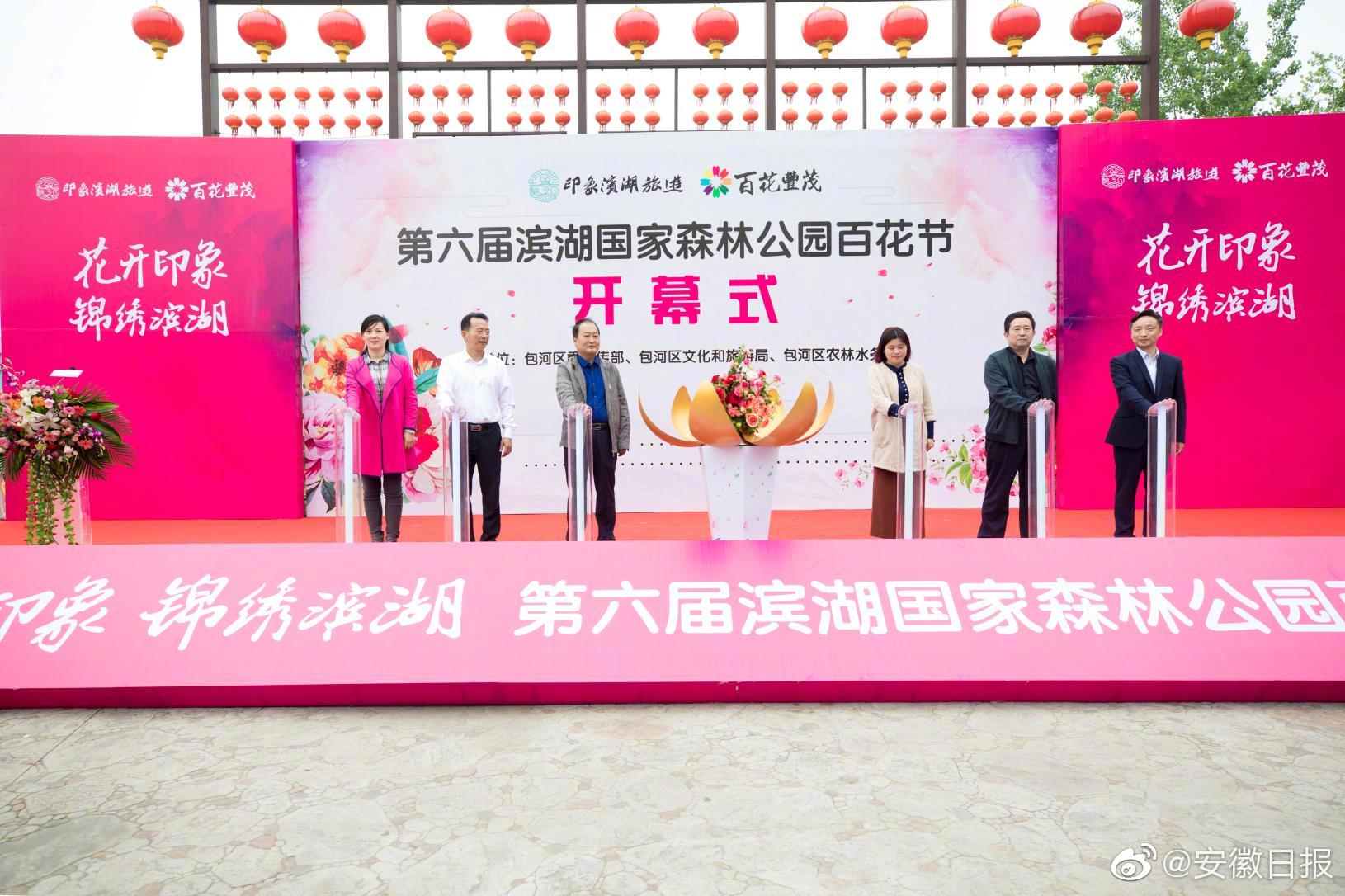 Congressman tries to channel Trump's 'charm' in painfully bad new ad
Congressman tries to channel Trump's 'charm' in painfully bad new ad
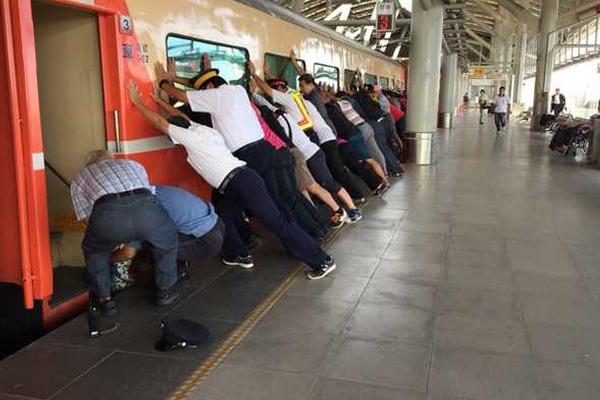 11 tweets from 'I've Pet That Dog' that will make you whole again
11 tweets from 'I've Pet That Dog' that will make you whole again
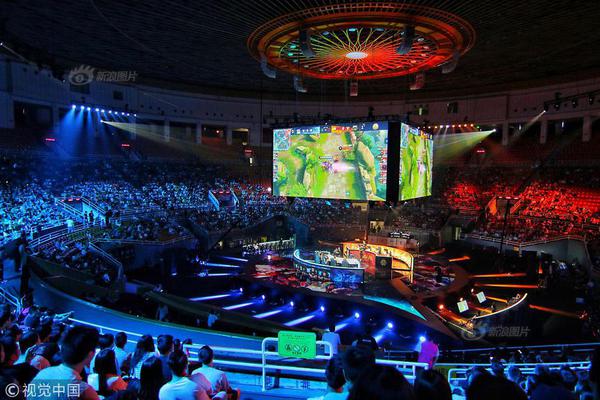 Fans are convinced they know when Ariana Grande and Pete Davidson will tie the knot
Fans are convinced they know when Ariana Grande and Pete Davidson will tie the knot
 San Luis Obispo Obon Festival at New Location
San Luis Obispo Obon Festival at New Location
 Prince Harry's former car can be yours for a mere £71K
Prince Harry's former car can be yours for a mere £71K
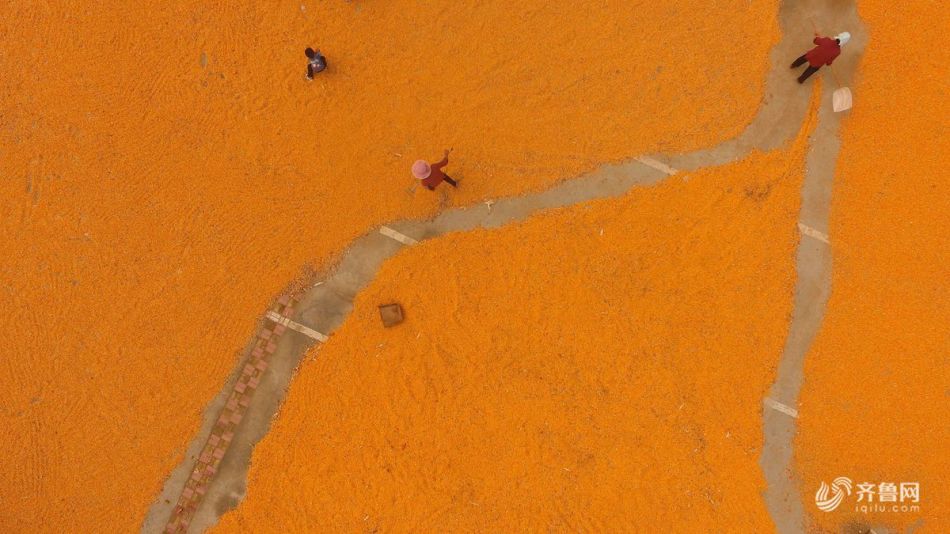 10 great dog movies from the 1990s
10 great dog movies from the 1990s
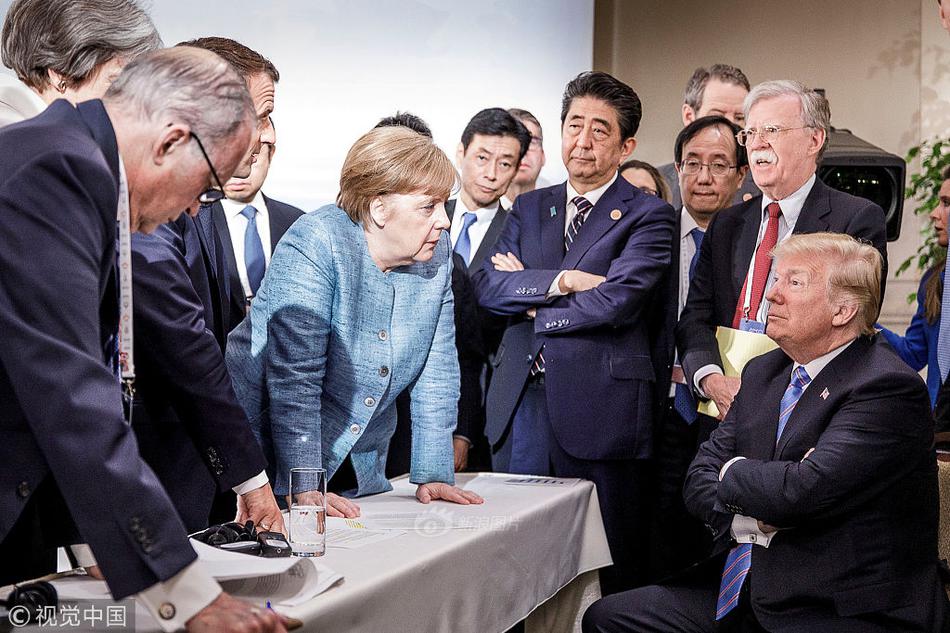 College student learns how a hole got in her ceiling and it’s hot dogs
College student learns how a hole got in her ceiling and it’s hot dogs
 Target Free Family Saturday at JANM to Celebrate Hapa Exhibition
Target Free Family Saturday at JANM to Celebrate Hapa Exhibition
 The fight against superbugs may have a promising new weapon
The fight against superbugs may have a promising new weapon
 Great Leap to Present 'The Air We Breathe' in Long Beach
Great Leap to Present 'The Air We Breathe' in Long Beach
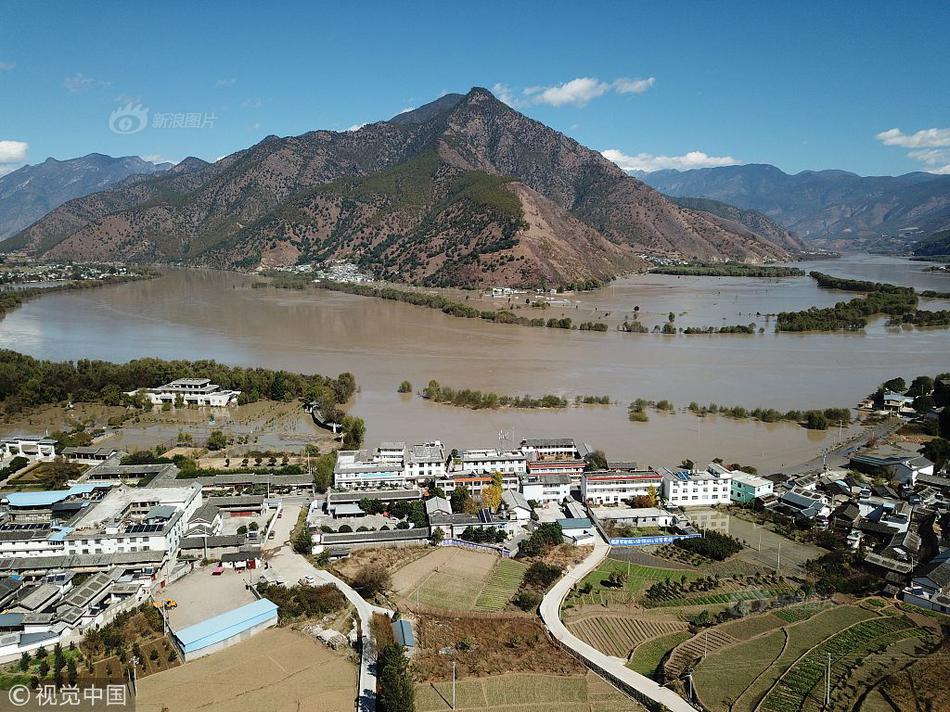 Teen gets gallbladder removed, blames it on Hot Cheetos and Takis
Teen gets gallbladder removed, blames it on Hot Cheetos and Takis
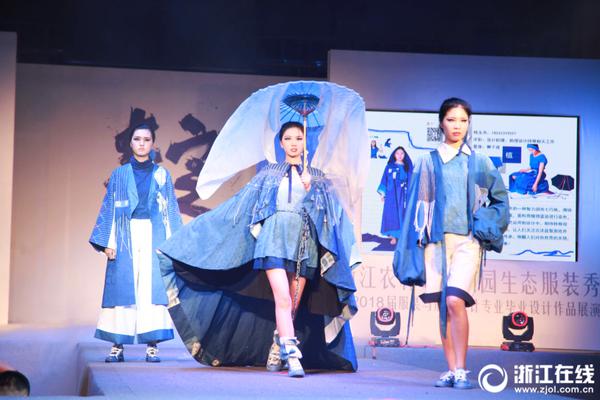 Make fun of outdated sexual scorekeeping with the first base meme
Make fun of outdated sexual scorekeeping with the first base meme
 U.S. Senator Orrin Hatch kindly reminds Google that he's still alive
U.S. Senator Orrin Hatch kindly reminds Google that he's still alive
 Novelist Katie Kitamura to Speak at JANM
Novelist Katie Kitamura to Speak at JANM
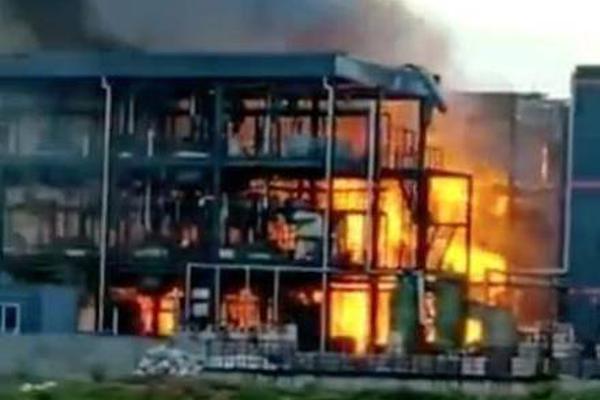 The Rock gifted his stunt double a new truck and it's so wholesome
The Rock gifted his stunt double a new truck and it's so wholesome
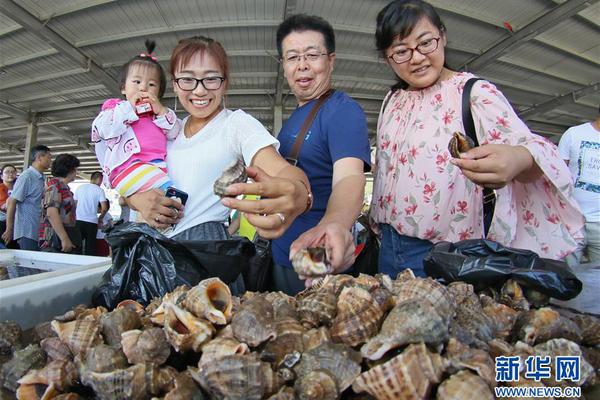 Teen absolutely mortified by dancing adults on jumbotron
Teen absolutely mortified by dancing adults on jumbotron
 The fight against superbugs may have a promising new weapon
The fight against superbugs may have a promising new weapon
 ‘Marvels & Monsters’ Explores Images of Asians in Comic Books
‘Marvels & Monsters’ Explores Images of Asians in Comic Books
 Dog gadgets you absolutely must get for your furry friend
Dog gadgets you absolutely must get for your furry friend
In an ironic twist, a 1991 Shell ad contains a warning about climate changeBest charger deal: Anker 735 65W GaN charger for $19.99Wordle today: The answer and hints for February 6, 2025Cibao FC vs. Guadalajara 2025 livestream: Watch Concacaf Champions Cup for freeBest smartphone deal: Take $300 off the Google Pixel 8 at Best BuyBest Amazon deal: The Echo Glow is on sale for under $25Best Apple deal: Save 20% on the Apple Magic KeyboardChatGPT search is now available to all users, even those without an accountCavalry FC vs. Pumas UNAM 2025 livestream: Watch Concacaf Champions Cup for freeBest portable power station deal: Save 57% on Anker SOLIX C1000 Japan House to Screen Films About Tokunoshima MOMO.FUN: AI Family, Volunteers Feel Sense of Urgency in Search for Hannah Kobayashi Short Films by Michi Tanioka to Be Screened Ice Open Network Launches Mainnet with 200 Validators Cool Japan Center Opens Its Doors in Irvine Former L.A. Deputy Mayor Sentenced to 12 Years in Prison for Racketeering Conspiracy City Planning Hearings Set for Two Downtown Projects The Huntington Commissions Mizuno for Monumental Sculpture Family Drama ‘Close
0.1578s , 10053.6171875 kb
Copyright © 2025 Powered by 【???? ????? ?????】Nikkei Progressives' Tribute to Jim Matsuoka,Feature Flash